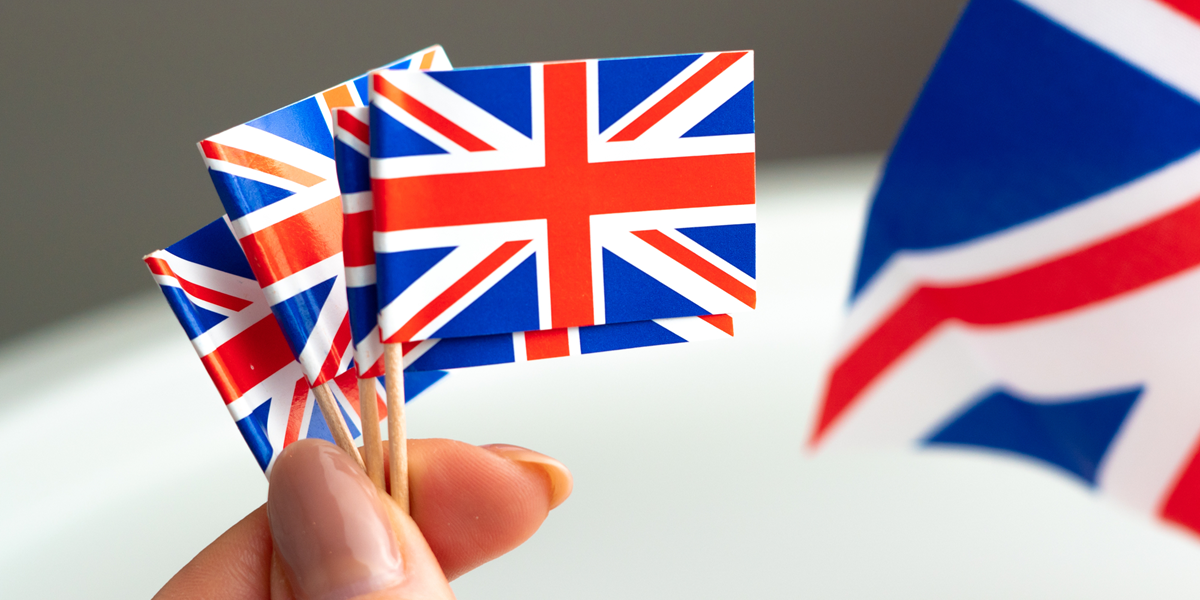Image Commercially Licensed From: DepositPhotos
The UK will probably make a trade deal with Japan, Australia, and other Asian and Pacific countries.
The name of this deal, CPTPP, is hard to say, but it is a new group of 500 million people that the UK can join.
So what does it mean for businesses and people’s money?
What is the CPTPP?
The Comprehensive and Progressive Agreement for Trans-Pacific Partnership (CPTPP) is a trade agreement between 11 countries: Australia, Brunei, Canada, Chile, Japan, Malaysia, Mexico, New Zealand, Peru, Singapore, and Vietnam.
These countries signed the Pacific trade pact in March 2018.
The people in the club make up 13% of the world’s income.
The UK was the first country to join that was not one of the original members. As a result, its economy will be second only to Japan’s. It brings the total value of the new group to £11 trillion.
The gains are small in the short term.
Most of these countries had good relationships with the UK before it left the EU. This friendship has stayed the same.
Australia and New Zealand have had trade deals with the UK since Brexit.
Brunei and Malaysia were the only countries with the UK that didn’t have a deal. Together, trade with these two countries is less than 0.5 percent of all trade with the UK.
Even if there are some changes to the trade agreements with other countries, the government thinks that the gains from the expanded agreement will be small, around 0.08 percent of GDP over ten years.
On the other hand, independent government forecasters say that leaving the EU will cost the UK a lot more, 4% of our income.
In 2019, the CPTPP took 8% of all UK exports, which is less than we sold to Germany.
What’s changed?
The main benefit is that both countries will have easier access to each other’s markets and agree to get rid of or lower 95% of import taxes and tariffs.
Like Japan’s rice farming industry, some are kept to keep sensitive domestic areas safe.
Also, companies that make things with parts from different places can say they should be treated differently.
That means they can check the “rules of origin” box as long as 70% of the parts come from one of the participating countries.
The rules could help UK companies that make machinery and medicines, some of our most valuable exports to these countries, by lowering their costs and letting them grow their supply chains across all constituent countries.
Aside from trade, membership means that investors from CPTPP countries get the same treatment as domestic firms when they put money into projects in other member states. This could help UK firms.
In 2017, about £1 of every £12 of foreign investment in the UK came from CPTPP countries. The same was true in the other direction. Once more, this was good for businesses and jobs.
In return, countries have to work together to make rules, such as food standards.
But unlike the European Union, the CPTPP is neither a single market nor a customs union.
So each country can have its own rules and laws.
And countries can make trade deals with other countries like the UK did with the EU. But if the UK wanted to join the EU again, it wouldn’t make sense for it to join the CPTPP.
Why should we be anxious?
What did the UK have to agree to, in short, in order to join?
Some people, like House of Lords Committee members, want to know how the UK plans to meet standards like those for animal welfare and the environment.
The government has said that CPTPP lets members set their levels of protection, so it would keep UK’s standards the same.
As part of the deal, the UK might have to let more foreign farmers sell their goods in the UK, but it will still be illegal to sell meat that has been treated with hormones.
Malaysian palm oil is blamed for destroying forests, so the UK might have to agree to lower tariffs on it.
What will happen after the CPTPP deal?
How the partnership could work is the most important thing.
The agreement will make it easier to trade services and digital goods, which is in line with the UK’s goals and connects it to some of the fastest-growing countries.
But if more people join the club, that could be the best and worst thing that could happen.
Two of the groups that want to join our China and Taiwan.
The UK could stop China from joining. Or use its membership to affect how China gets access and what it does?
The real prize would be if President Trump changed his mind and let the US join.
Read Also: Shares of Alibaba jumps after announcement of split
America buys about twice as much from the UK as it does from the other countries in the CPTPP, but President Biden plans to leave the group.
At the moment, Britain’s membership in the CPTPP is mostly a win in name only after Brexit.
But it could pay off in a big way in the end.





